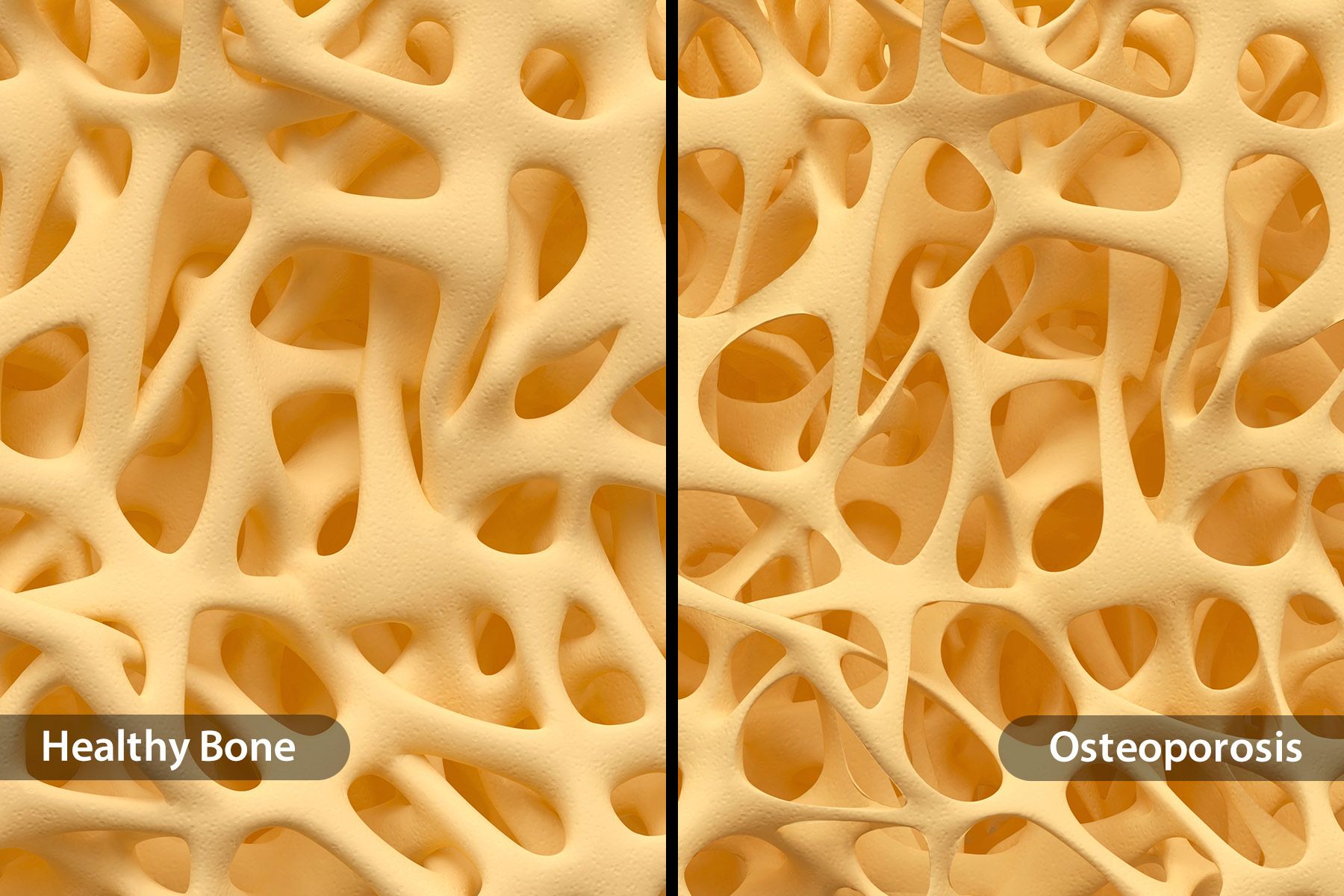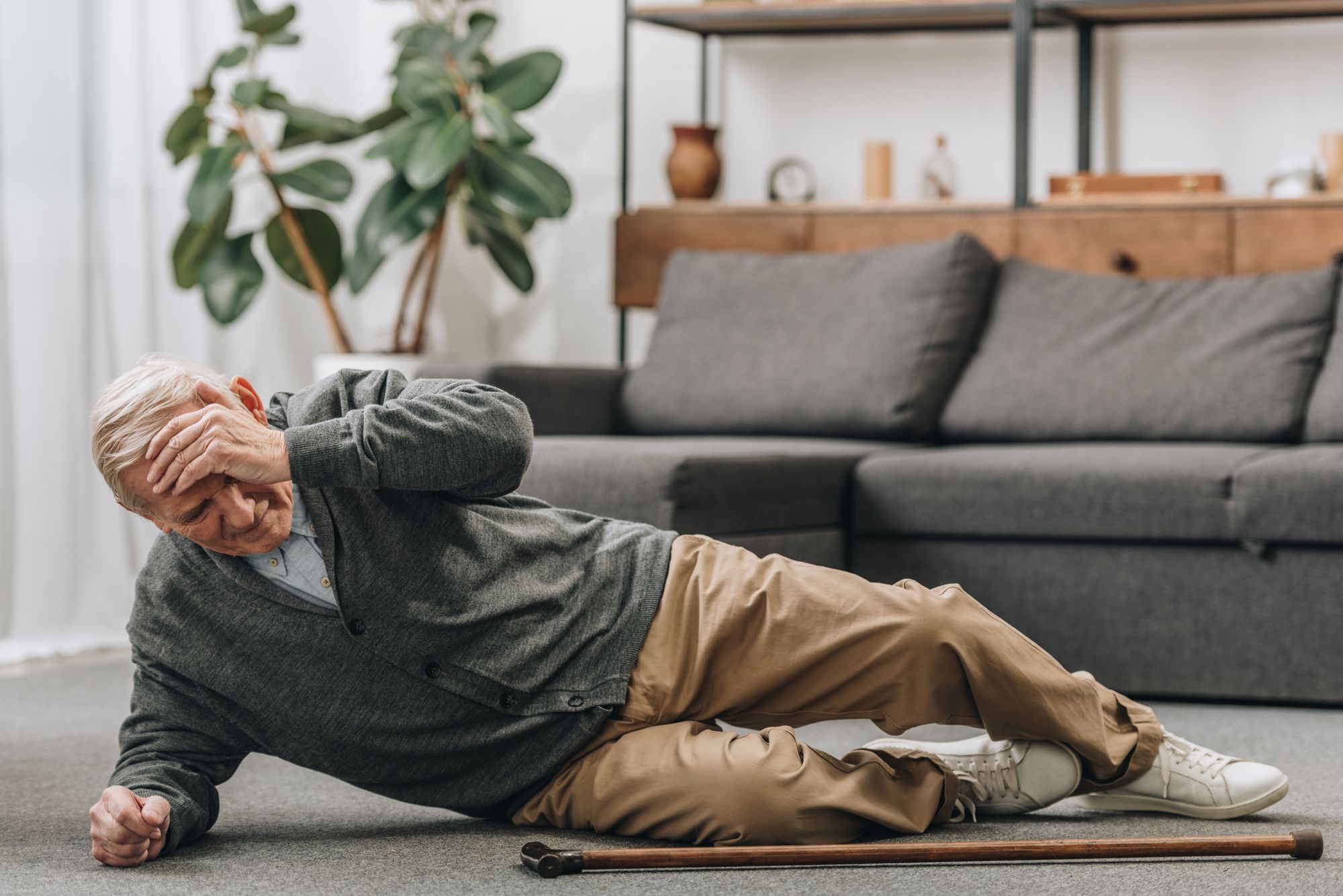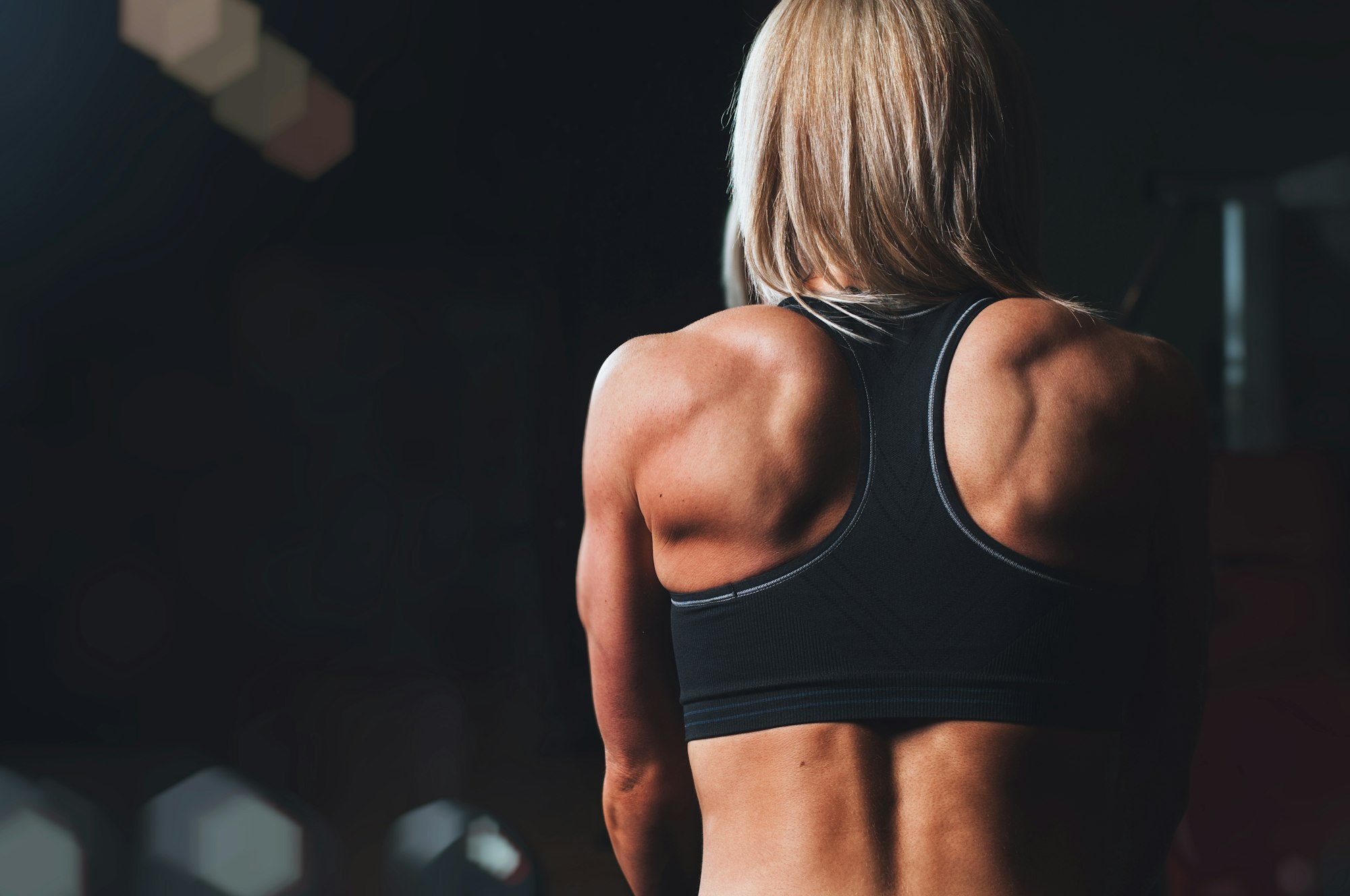
You can feel age in your bones, if you don’t take care of them. Here’s how.
Aging can be one hell of an adventure or it can be a horrible experience. The difference between the two is largely up to us, especially when it comes to ensuring that our bone structures can keep us upright and moving late in life.
To that, then.
I just got a lovely note from another 70-ish commenter, the kind that makes me wanna just dance. Here’s what she said:
… I was also a 19 year old 2-packs-a-day smoker who quit cold turkey (I confess I had a lot of help from the Lord, as I never had the willpower til I became a believer). So that was interesting to me. I’m turning 70 this year, and getting in better shape than I have been in 20+ years by focusing on fitness, hiking mountains, healthy diet, happy lifestyle. You mentioned about being heavier helps prevent osteoporosis…I’d be interested on any info you have about preventing osteoporosis in general, could you write something?
If you are (most typically) female, White, Asian and thin and past menopause, you are at higher risk. However, easily broken bones late in life are hardly limited to women. My Medium buddy has asked me to write about prevention. Let’s first set the stage.
Here’s what to understand about osteoporosis:
Osteoporosis - Symptoms and causes
Osteoporosis causes bones to become weak and brittle - so brittle that a fall or even mild stresses such as bending…
www.mayoclinic.org
Bottom line: as you age, your bone, which is living tissue, may not be able to keep up with the natural rate of bone loss, particularly if you don’t take precautions. Let me get there in a minute. However if you’re in a high risk category (and I am), this means that we need to take our bones seriously. You can get a fracture from sneezing in serious cases, so kindly, this, like all things self-care, is serious business.
There are multiple factors, but this is one that speaks especially to me and to those absolutely determined to be thin at all costs.

As you and I age, if we abuse our bodies with sedentary habits, eat poorly or take certain medications, our bones begin to look like exaggerated Swiss cheese. That makes them delicate and easy to break.
From the Mayo Clinic article above:
Dietary factors
Osteoporosis is more likely to occur in people who have:
- Low calcium intake. A lifelong lack of calcium plays a role in the development of osteoporosis. Low calcium intake contributes to diminished bone density, early bone loss and an increased risk of fractures.
- Eating disorders. Severely restricting food intake and being underweight weakens bone in both men and women.
- Gastrointestinal surgery. Surgery to reduce the size of your stomach or to remove part of the intestine limits the amount of surface area available to absorb nutrients, including calcium. These surgeries include those to help you lose weight and for other gastrointestinal disorders.
I restricted my food intake for too many years. If I’m not careful right now I will have toothpicks for bones. As will all those Silicidiots using starvation masked as "optimization” in a few years. But I digress.
Right now, those of us who have been sedentary for the last year or longer, who do not do weight-bearing exercise and/or on top of that starve themselves or submit themselves to weight loss surgeries which remove calcium and nutrient-absorbing gut tissues, are setting ourselves up for terrible trouble.
Right now I have what’s called “osteopenia,” which is a precursor to osteoporosis. There are good reasons this happened: in the summer of 2019 I fractured the fifth metatarsal in both feet, meaning I couldn’t run for a number of months. Then Covid, too much sitting, and I hauled off and twice fractured my pinky toe, again meaning I couldn’t run for more months. The lack of steady weight-bearing exercise, combined with very rapid and unexpected weight loss after a horrible car accident combined to leach essential bone mass from my hips.
The best possible news is that this particular condition is reversible. I’ll explain how in a sec. Osteoporosis is not curable, which is why early intervention is absolutely key. I get regular DEXA scans which are tests to determine the bone mass.
Here’s what to know about DEXA scans:
Bone density scan (DEXA scan) - When it is used
Bone density scans, also known as DEXA scans, help to work out your risk of breaking a bone. They're often used to help…
www.nhs.uk
From that article:
When a bone density scan is recommended
A DEXA scan may be recommended if you have an increased risk of developing a bone problem like osteoporosis.
Your risk is increased if you:
- have had a broken bone after a minor fall or injury
- have a health condition, such as arthritis, that can lead to low bone density
- have been taking medicines called oral glucocorticoids for 3 months or more — glucocorticoids are used to treat inflammation, but can also cause weakened bones
- are a woman who has had an early menopause, or you had your ovaries removed at a young age (before 45) and have not had hormone replacement therapy (HRT)
- are a postmenopausal woman and you smoke or drink heavily, have a family history of hip fractures, or a body mass index (BMI) of less than 21*
- are a woman and have large gaps between periods (more than a year) (author bolded)
Please notice: women who stop having their periods due to extreme exercising or dieting fall into this category at any age.
Our ovaries have a huge role in our bone heath. When they are removed or they naturally shut down, it’s then our role to take up the slack.
And just because I love being right, there is now research that shows that the popular (but kindly, stupid) keto diet can lead to bone loss:
The Keto Diet Could Be Bad for Bone Health, Study Says
New research from the Australian Institute of Sport and Harvard Medical School found following a short-term keto diet…
www.eatingwell.com
From the article:
The results showed that following a ketogenic diet for just a few weeks led to a decrease in markers for bone metabolism and formation and an increase in markers of bone breakdown. The high-carb dieters didn’t experience any change in these markers, on average.
ANY time you and I do something extreme, we put ourselves at risk. When it comes to aging well, having porous, delicate bones is a prescription for being crippled.
You can see where I’m going. When you and I abuse our bodies through extreme dieting, exercising, gastric bypass and other surgeries, we damage our bones (among many other things).
Our desperate desire to be thin, and I’ve been there, can cost us our ability to be upright later in life. You really want to do that to your future? Up to you. If you don’t, stay with me here.
Osteoporosis can severely limit you. If you fall, you can break a hip. Research shows that death increases by 50% in people over 65 who suffer a hip fracture. While this article doesn’t address why people fall (that’s a whole other topic), if and when they do, osteoporosis is just one reason they can’t get back up. And, after breaking a hip once or twice, within six months, far too many are dead.

Okay, so you got it that this is a lousy thing to happen to your bones. What can you do about it?
At the risk (and I am unapologetic about this) of banging the same old drums I always do:
- EXERCISE. Weight-bearing, as in walking and running. As in low or high impact work, depending on what your body can stand. If this is new to you please first see a doctor, then a trainer, and work up slowly. I did NOT say become an endurance runner. Just walk. Walk. And walk some more.
- NUTRITION: Again, start with a nutritionist to advise you about your unique dietary needs. For crying out loud, stop starving yourself. Stop eating foolish diets that starve your body of critically essential nutrients in the mindless chase of being thin, at the cost of your mobility, options and quality of life. And then there’s…
- DON’T BOTHER. I am well aware that what I write here will fall on deaf ears for the most part, for being thin trumps being healthy Every. Single. Time. Go for it, Sparky, starve yourself to death. Get gastric bypass surgery. Get thin. When you find out that the quality of your life drops substantially because of brand new health issues, and the world doesn’t suddenly bow at your feet because you’re thin, that double whammy might just be enough to galvanize you into action. Or not. Just saying.
If you have the precursor to osteoporosis, osteopenia, as I do, that is very treatable. Here’s what you need to know:

It’s the same approach. Here’s what I am doing:
- I have re-instituted my hikes, as my fractured toe allows. That means a return to trail running. Around my neighborhood I will be donning a weighted vest for my hill hikes, which puts considerable pressure on my hips. That of course is the whole point. I’m light, and the more weight I carry, the faster my bones regrow. Of course, people have been known to call me in to the police as a terrorist (weighted vests only come in black) but at least nobody’s taken a pot shot at me so far. Wait a while.
- I upped my Vitamin D, calcium intake, specifically calcium citrate. Research now indicates that it’s best to take them separately from magnesium, which we also need, rather than in the same supplement. You and I have to have Vitamin D, whether from sun or supplements or both, preferably. Citrate seems to be the most absorbable type of calcium, but again, see your nutritionist. I have also increased my intake of Vitamin K, with a thanks to Eric Guisinger for the suggestion.
- I am punching it out at the gym and at home with weights now that the gyms are back open. I also seek out any kind of lifting, carrying work I can find around the house, which is why I love stacking my own wood.
By the next DEXA scan I should be well on my way back to full bone strength, barring another fractured toe. There’s always that. However, I can find other ways to work out. It’s too important not to.
At 68, my future is very much driven by how well I care for my health. While the idea of being model-skinny has its temptations, the bottom line for me is that the few extra pounds I worked hard to regain after a precipitous weight loss last year serve me well. At some point, perhaps, cooler heads about body image may prevail.
Or not. I don’t hold out hope if for no reason than the horrific rise in eating disorders among men and increasingly younger children all over the world. What that speaks to is the unspeakable lack of respect for the only thing which allows us to be present and accounted for: our bodies. We act as though we have no understanding whatsoever about how our eating and exercise habits affect us internally, and then seem to be both befuddled and angered that our bodies let us down after years of abuse.
I did that. I bear the scars. And because I speak from experience, my writing is heartfelt. Please.
These days when I take a fall, and I do regularly because I push myself hard, I bounce right back up. That is because I eat well, supplement smart, exercise hard. I have an aging body to manage, a life to live well and fully. There is no special magic sauce. Now if you’ll excuse me it’s time for me to head to the gym.

*Kindly note, BMI is utterly debunked, but the point is that if you and I are too skinny, we put ourselves at risk.

Comments powered by Talkyard.